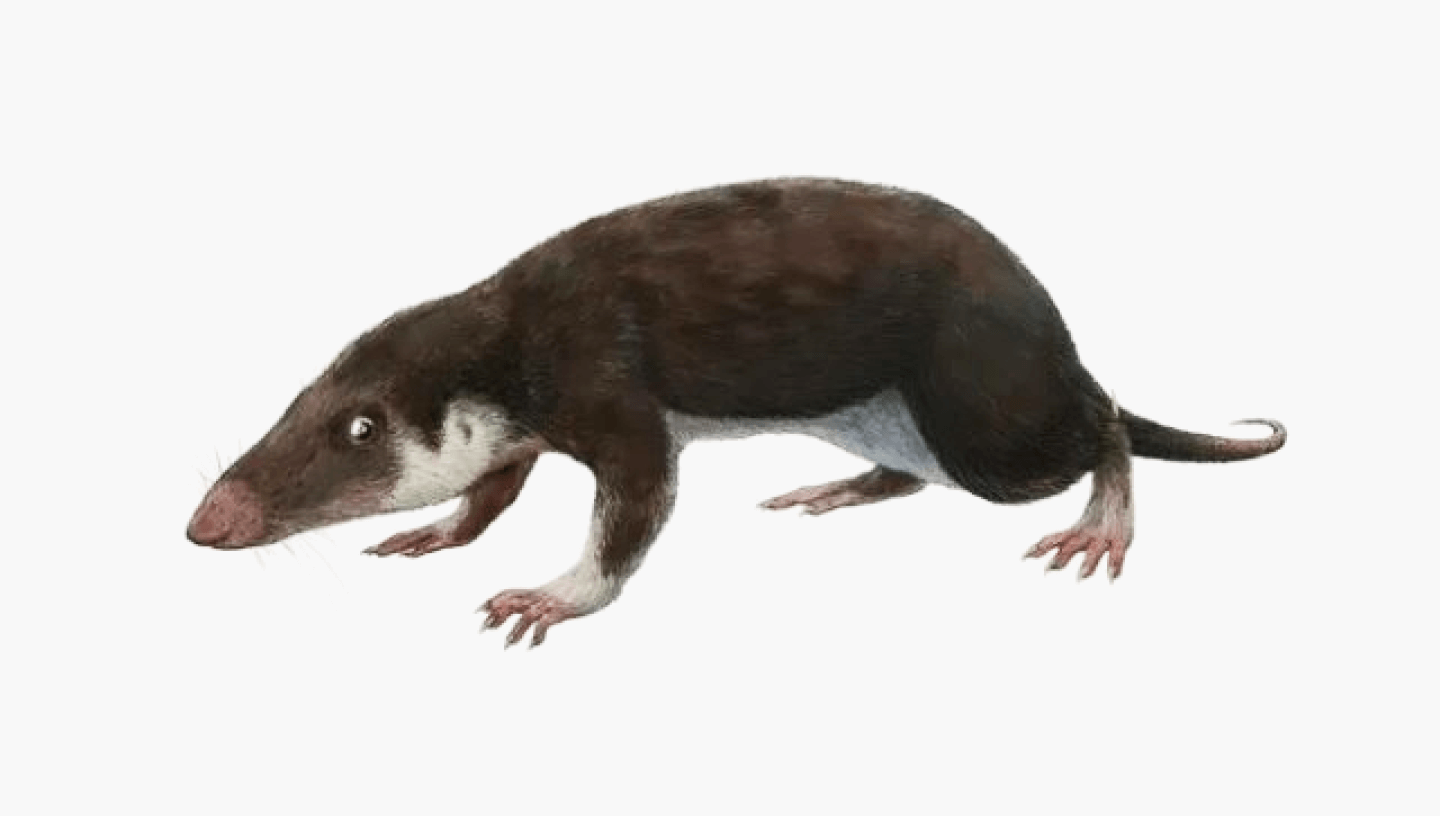05.10.2022
Scientists have made progress in reconstructing the palaeoclimate
 Photo: Proceedings of the National Academy of Sciences
Photo: Proceedings of the National Academy of Sciences
Scientists have reconstructed the genome of a common ancestor of all mammals on Earth. An international team of specialists has worked on the project. The results of their research are contained in an article published in the Proceedings of the National Academy of Sciences, reports the scientific portal Phys.org. It is an extremely important achievement, which will make it possible to understand the extent and at what stage, humans and their ancestors began to make a significant contribution to climate change.
The common ancestor of all mammals on our planet, from platypuses and blue whales to humans, lived about 180 million years ago.
The researchers used high-quality genome sequences from 32 living species representing 23 of the 26 known mammal groups.
These included humans and chimpanzees, wombats and rabbits, manatees, cattle, rhinos, bats and pangolins. The analysis also included chicken and Chinese alligator genomes as comparison groups.
Reconstruction showed that our common ancestor had 19 autosomal chromosomes, which control the inheritance of organism characteristics, as well as two sex chromosomes.
The team identified 1,215 blocks of genes that occur sequentially on the same chromosome in the same order in all 32 genomes.
According to the researchers, these building blocks of all mammalian genomes contain genes that are crucial for the development of a normal embryo.
Scientists have also found nine complete chromosomes or chromosome fragments in a mammalian ancestor where the gene order is the same as in modern bird DNA.
“This remarkable finding shows the evolutionary stability of gene order and orientation in chromosomes over a long period of evolution of more than 320 million years,” said Harris Levin, professor of evolution and ecology at the University of California.
The researchers were able to trace ancestral chromosomes forward in time from a common ancestor. They found that the rate of chromosome rearrangement differs between mammalian lineages.
For example, the ruminant lineage (leading to modern cattle, sheep and deer) experienced an accelerated rearrangement 66 million years ago, when an asteroid impact destroyed the dinosaurs and gave rise to mammals.
The authors of the paper say the findings will help understand the genetics behind the adaptations that have allowed mammals to thrive on a changing planet for the past 180 million years.
Cover photo: Mark Witton


























Comments